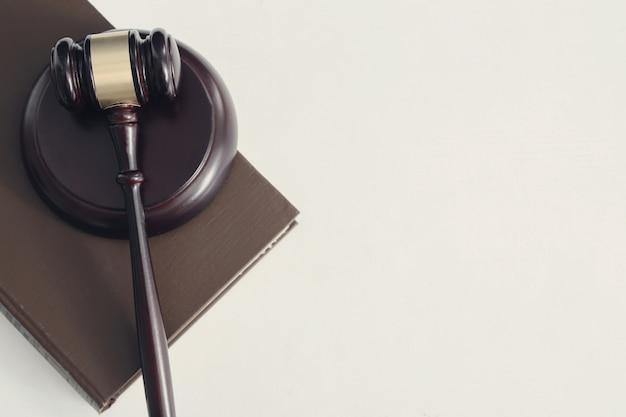In the aftermath of an accident, the trauma isn’t always visible. Such is the case with whiplash injuries Scotland witnesses frequently. Often the result of sudden force or impact, like a car collision, whiplash affects the soft tissues of the neck. While it might sound straightforward, this injury’s implications are manifold, affecting not only physical health but also emotional and financial well-being.
Whiplash: More Than Just a Neck Pain
Understanding the true nature of whiplash is the first step towards managing its aftermath. This injury involves a rapid back-and-forth motion of the neck, similar to the cracking of a whip. As a result:
- Physical Symptoms: Victims often experience pain and stiffness in the neck, headaches, and sometimes even dizziness or blurred vision.
- Emotional and Cognitive Effects: It’s not just about physical pain. Many victims report feelings of irritability, difficulty concentrating, or even memory problems.
- Financial Implications: Medical treatments, physiotherapy sessions, and time off work can lead to mounting bills and lost income.
Seeking Compensation: Know Your Rights
The aftermath of whiplash isn’t something one should navigate alone. In Scotland, the legal framework acknowledges the suffering and provides avenues for victims to seek compensation. If your injury resulted from someone else’s negligence, it’s crucial to:
- Consult a Legal Expert: Specialist lawyers can guide you through the process, ensuring you understand the nuances of your case.
- Gather Evidence: Medical reports, photographs, witness accounts – these can be instrumental in substantiating your claim.
- Understand Timelines: There are stipulated time frames within which you need to initiate a claim. Being aware of these ensures you don’t miss out on your rightful compensation.
Prevention and Recovery: The Road Ahead
While seeking compensation is a step towards justice, taking preventive measures can mitigate the risk of whiplash injuries:
- Safety First: Simple measures like wearing seat belts, ensuring headrests are at the right height, and maintaining safe driving distances can make a difference.
- Immediate Medical Attention: Even if the symptoms aren’t severe immediately post-incident, it’s imperative to seek medical attention. Early intervention can aid faster recovery.
- Physiotherapy and Rehabilitation: Apart from medication, targeted exercises and therapies can expedite the healing process, restoring mobility and alleviating pain.
Conclusion
Whiplash injuries in Scotland, as elsewhere, can have profound implications. But with the right knowledge, support, and resources, recovery – both physical and financial – is within reach. Remember, in the journey of healing and seeking justice, you’re never alone.











